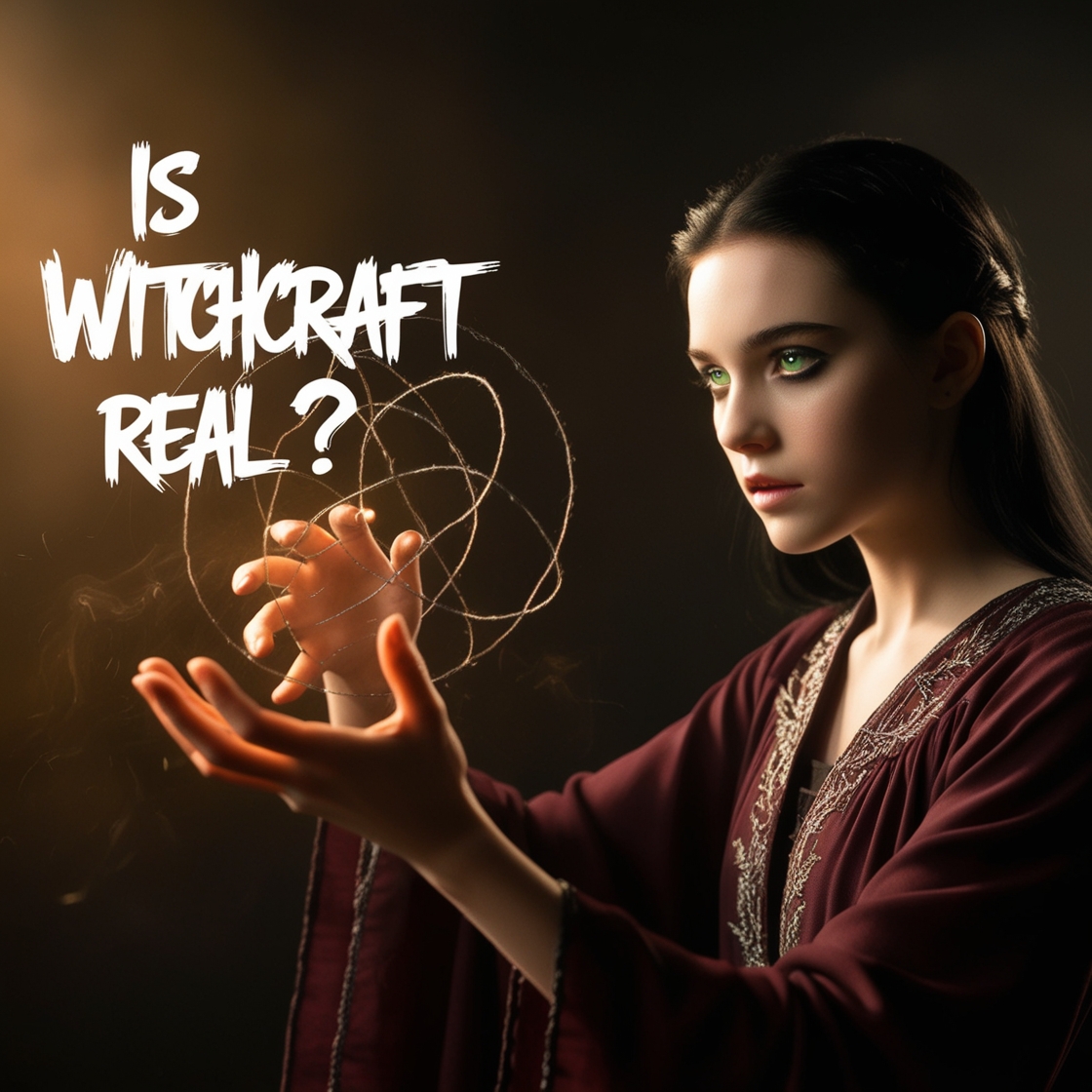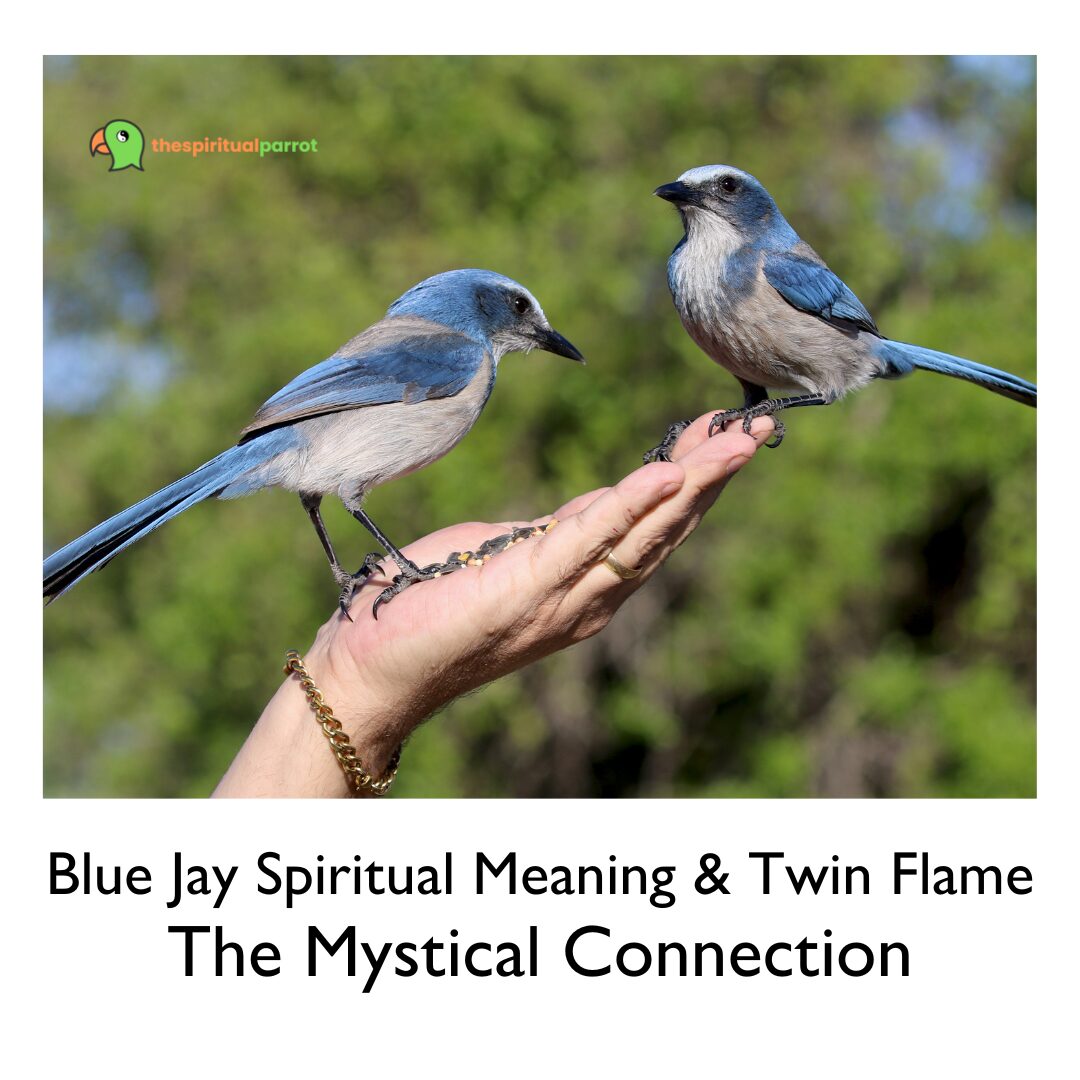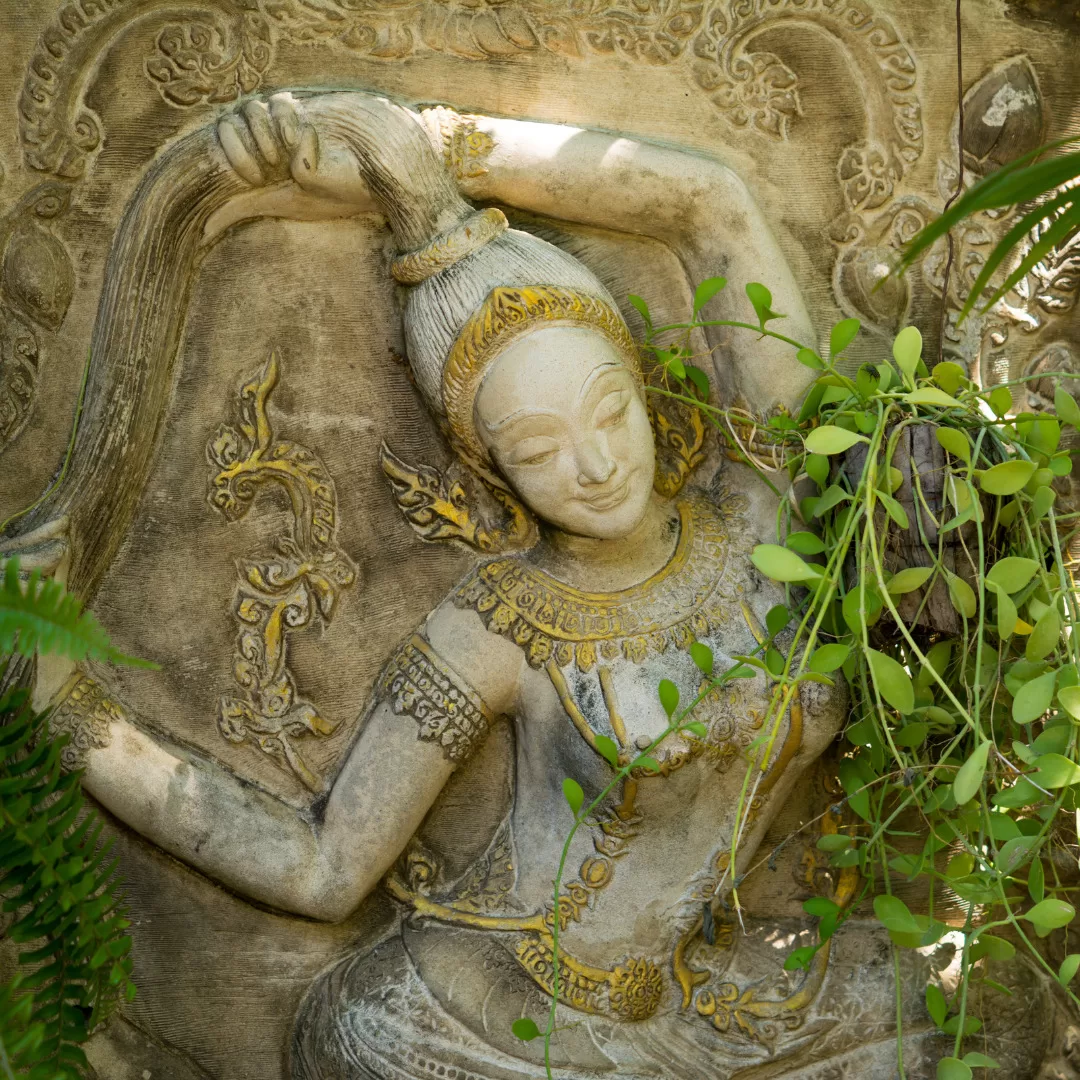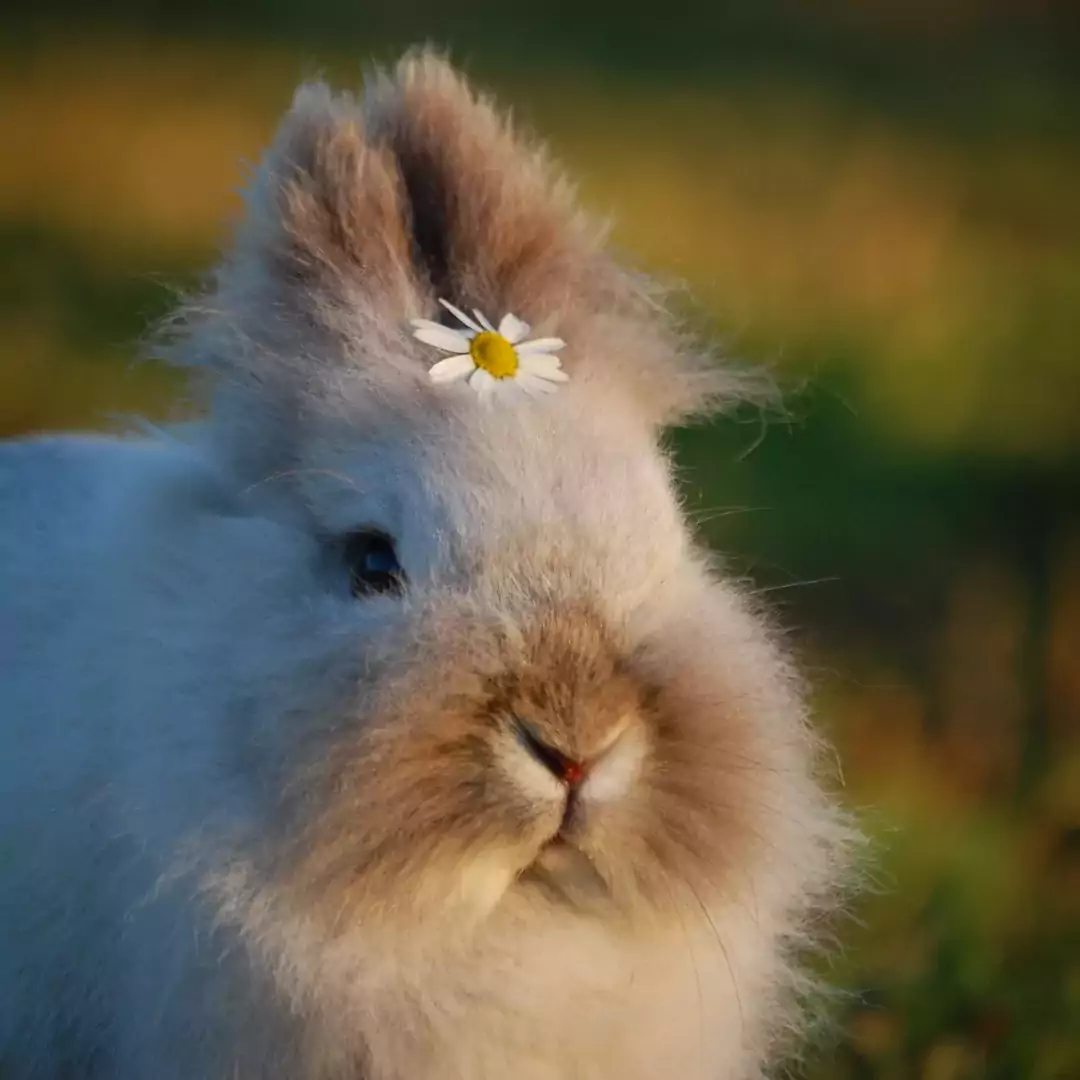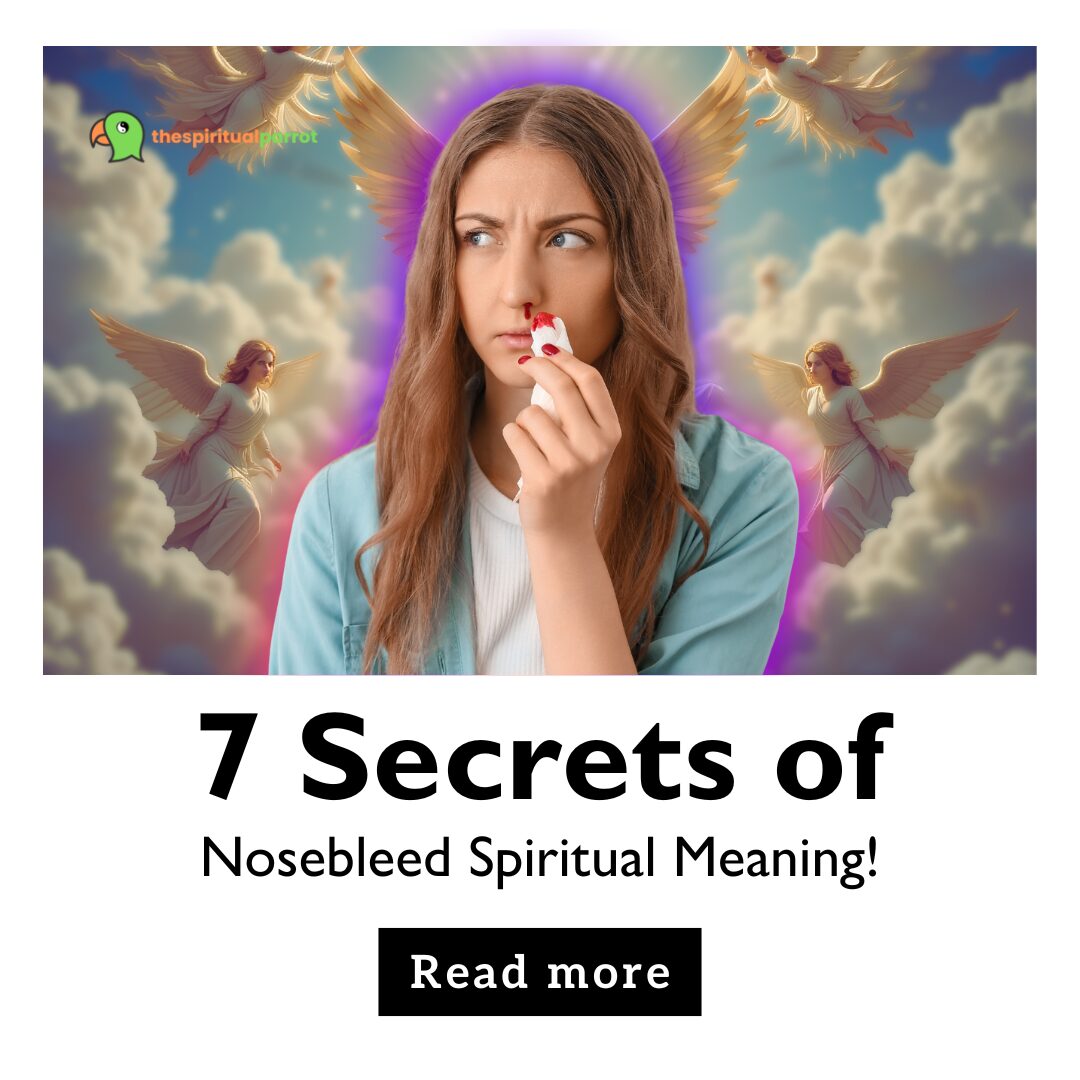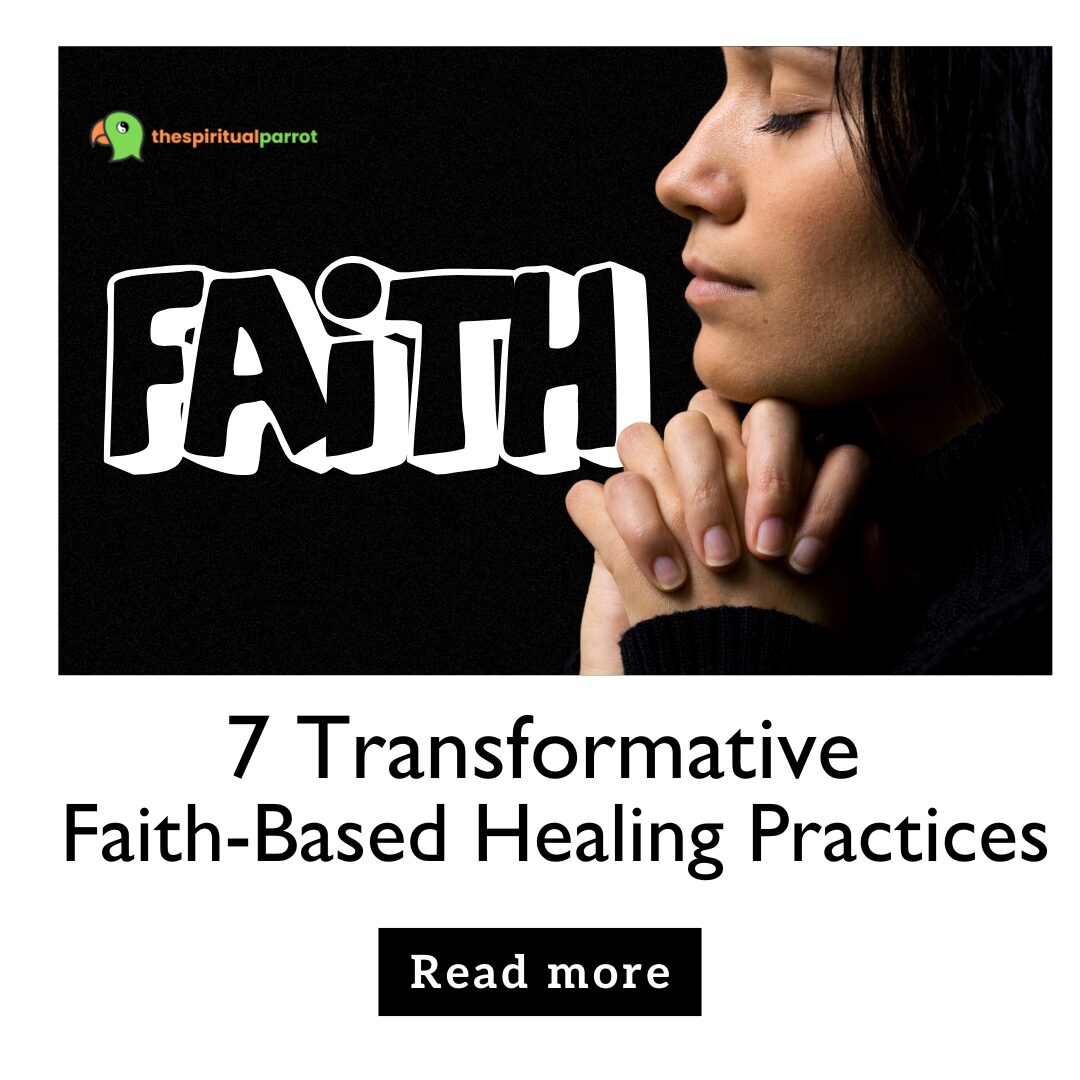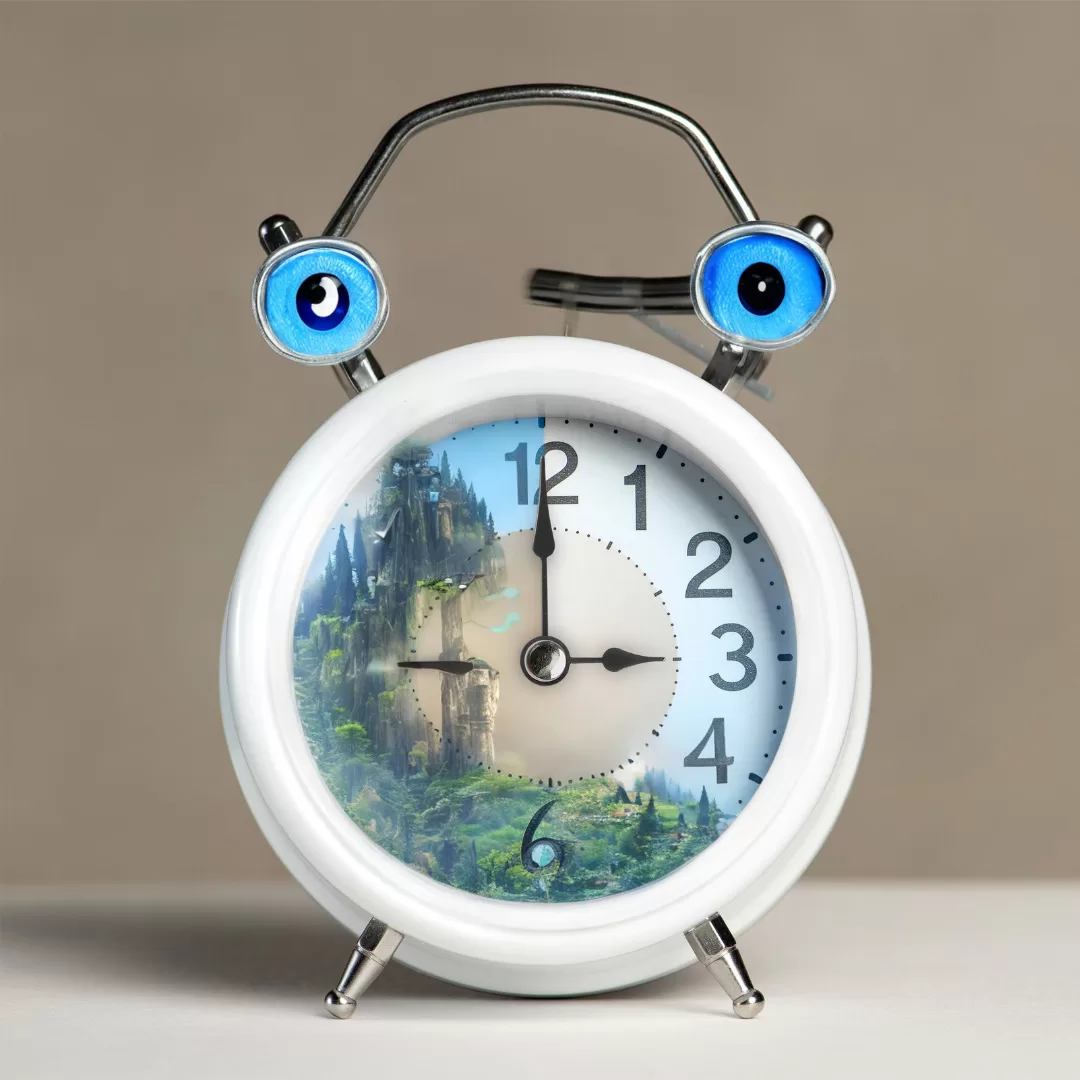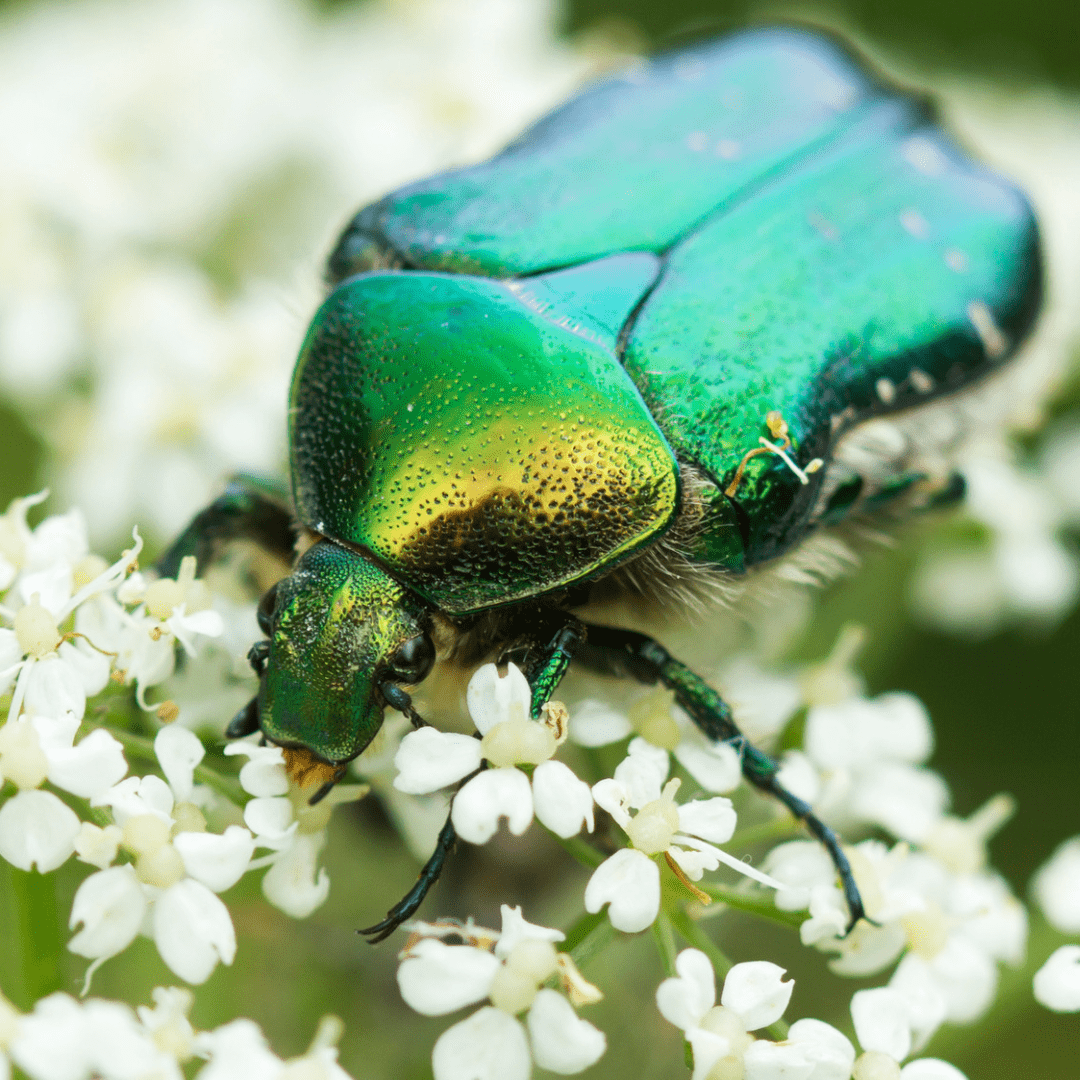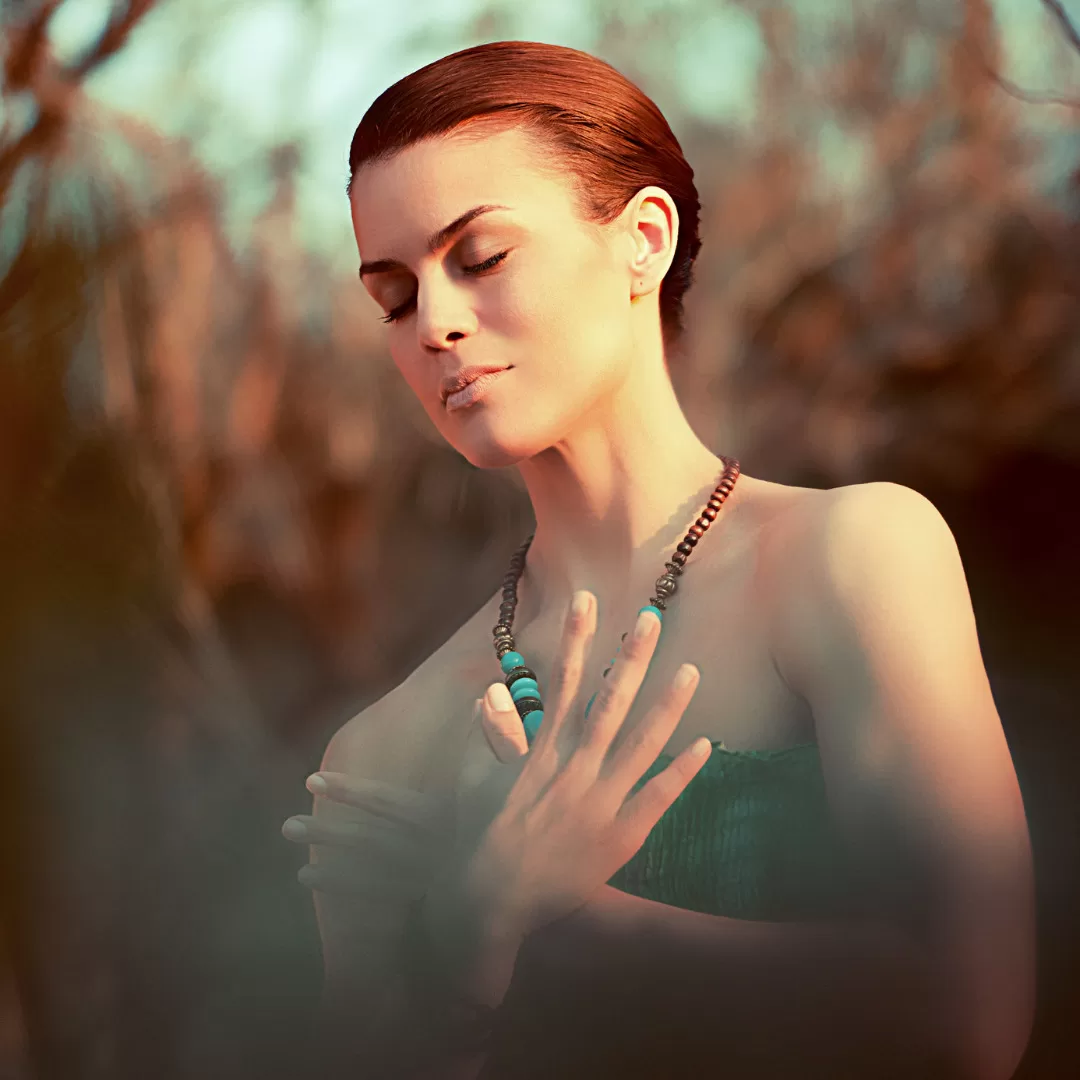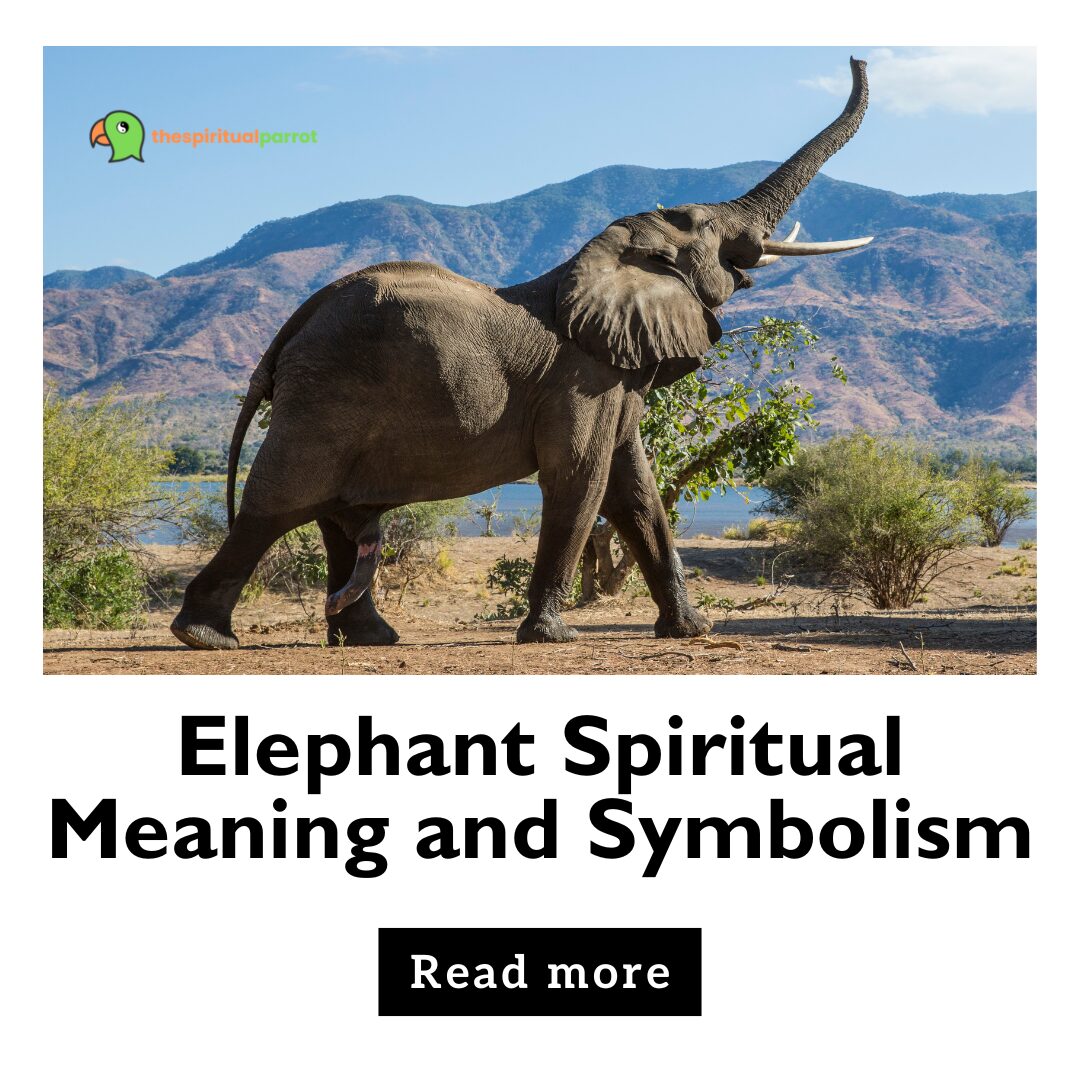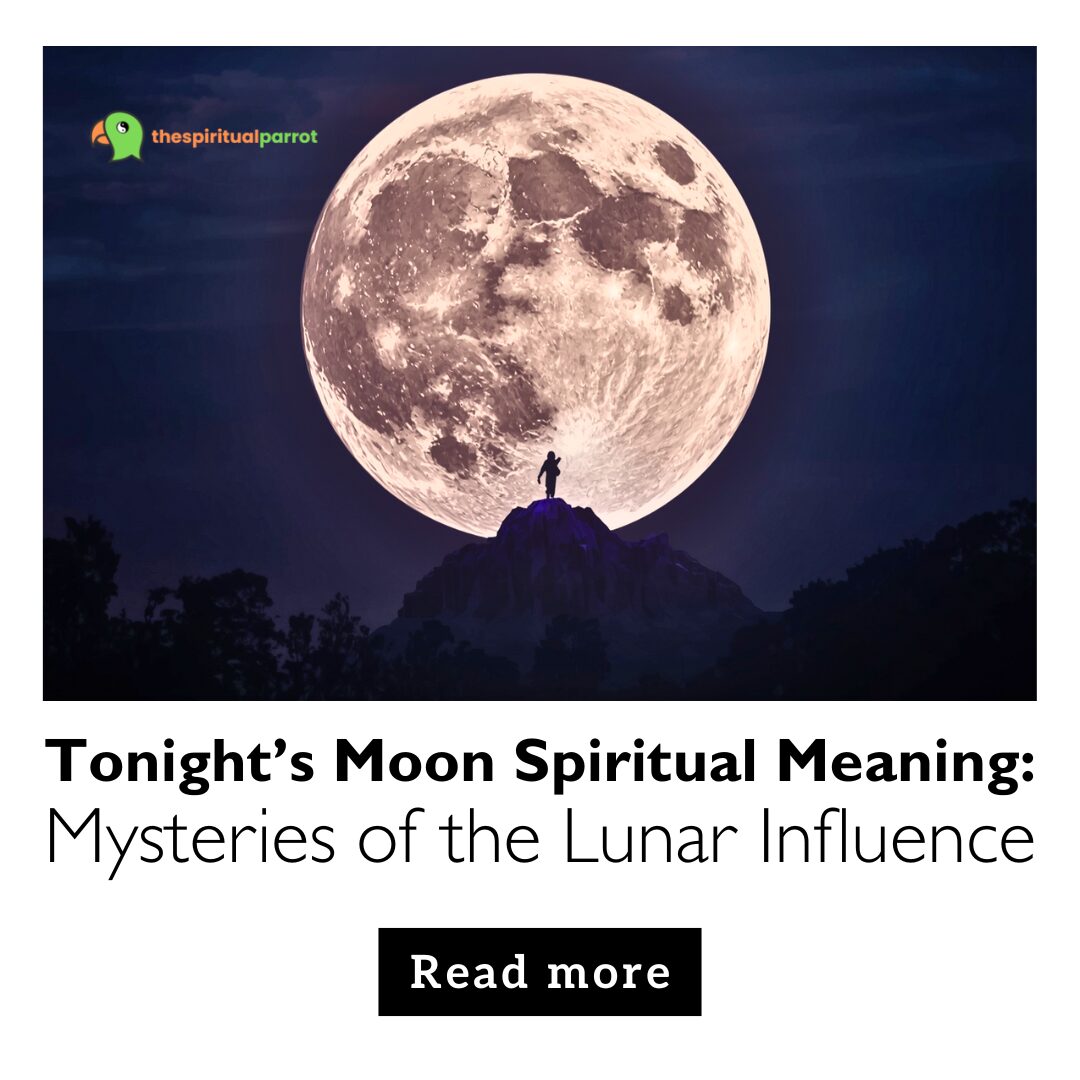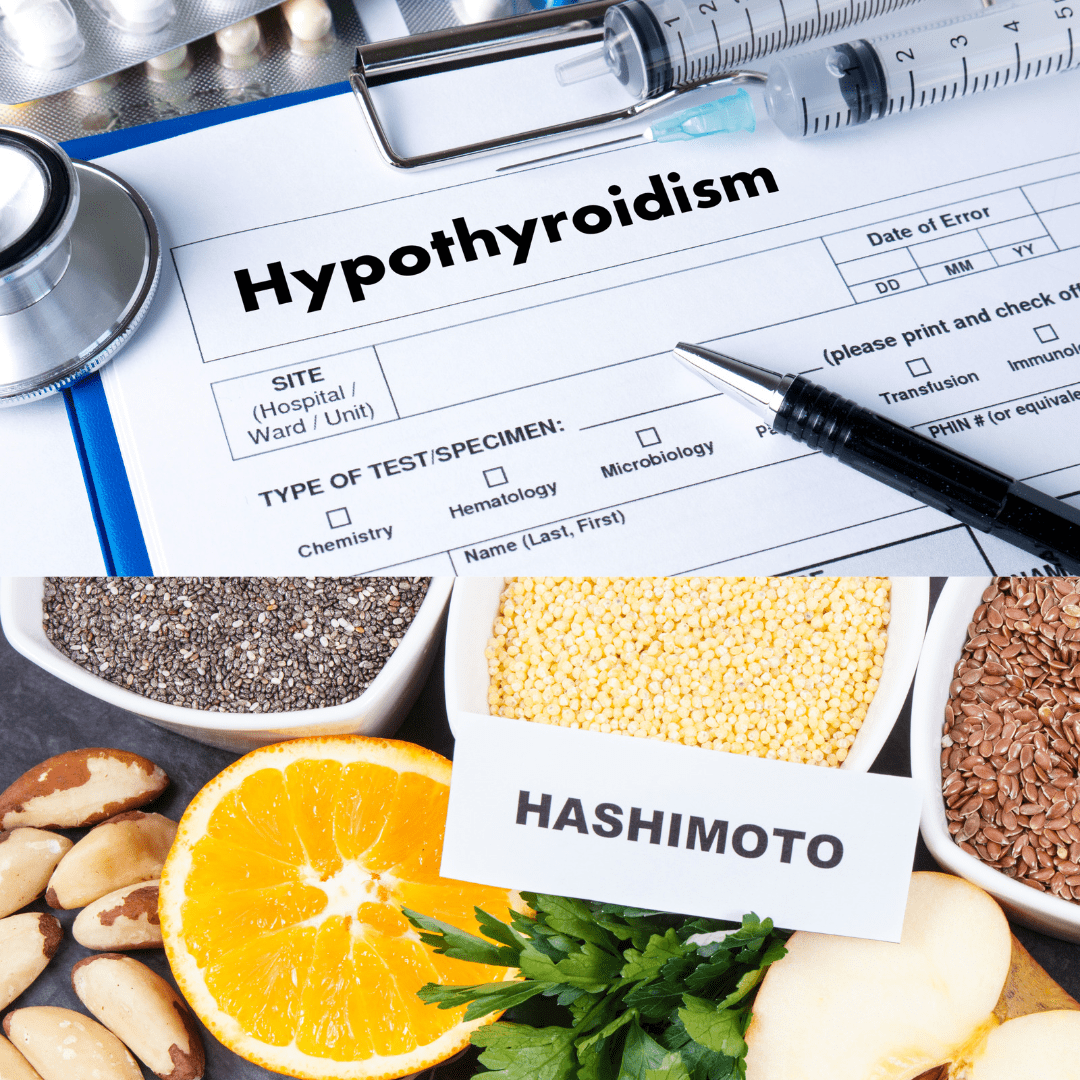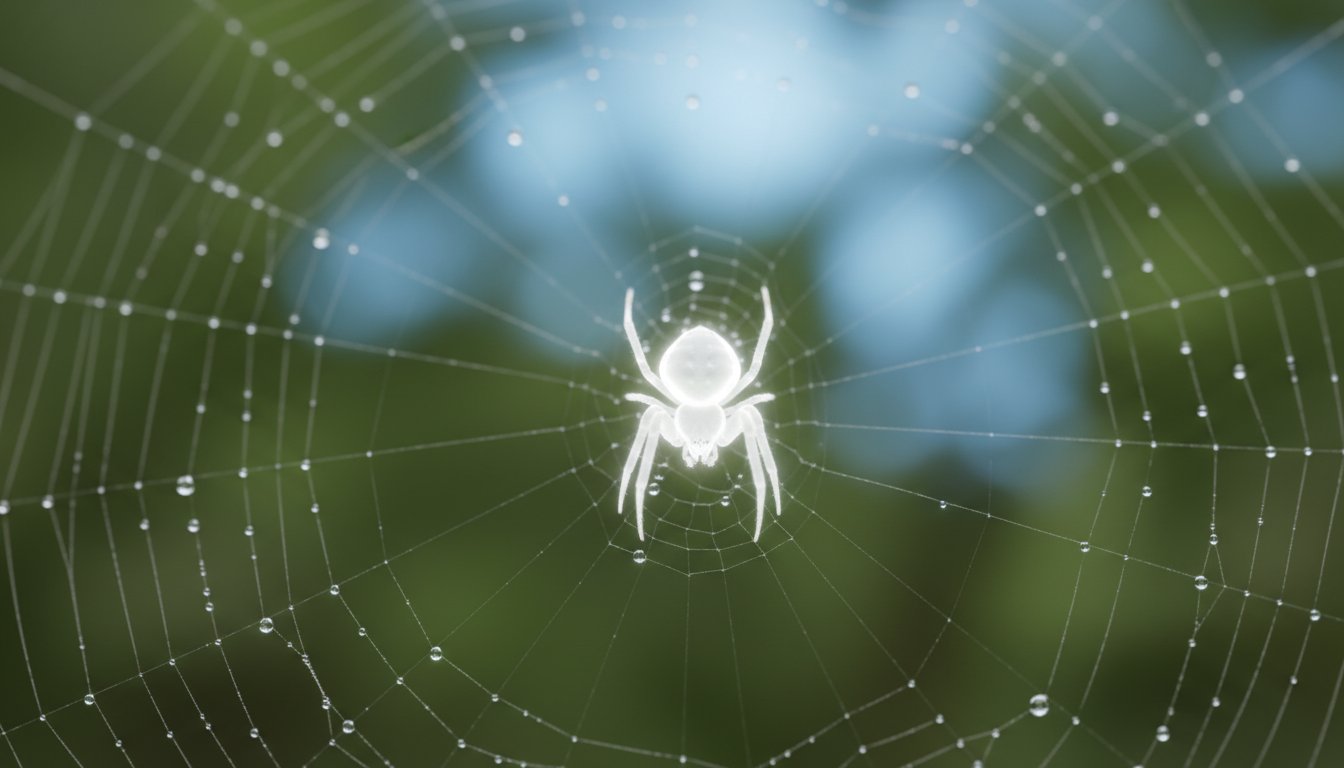What are your thoughts on Witchcraft? Is Witchcraft real?
It was a conspiracy that stemmed from centuries of myth and is still dismissed by some as a myth, signifying an ancient and mysterious secret that never existed. Witchcraft is widely believed to be a practice by many people, but the truth about it still needs to be discovered. Whether or not Witchcraft is real has yet to have one answer, as various beliefs surround it. It’s a more accurate thing to some and a myth to others. The reality is likely somewhere in between these two ideas.
Introduction: “Is Witchcraft Real?”
Witchcraft is an ancient practice, and many still believe in it. But is Witchcraft real? Many would answer yes and say that Witchcraft is extremely real and that they have seen or felt its effects. Others would say no, that it is simply a figment of the mythological imagination with no basis in actuality. So, which is it? Is it real or not?
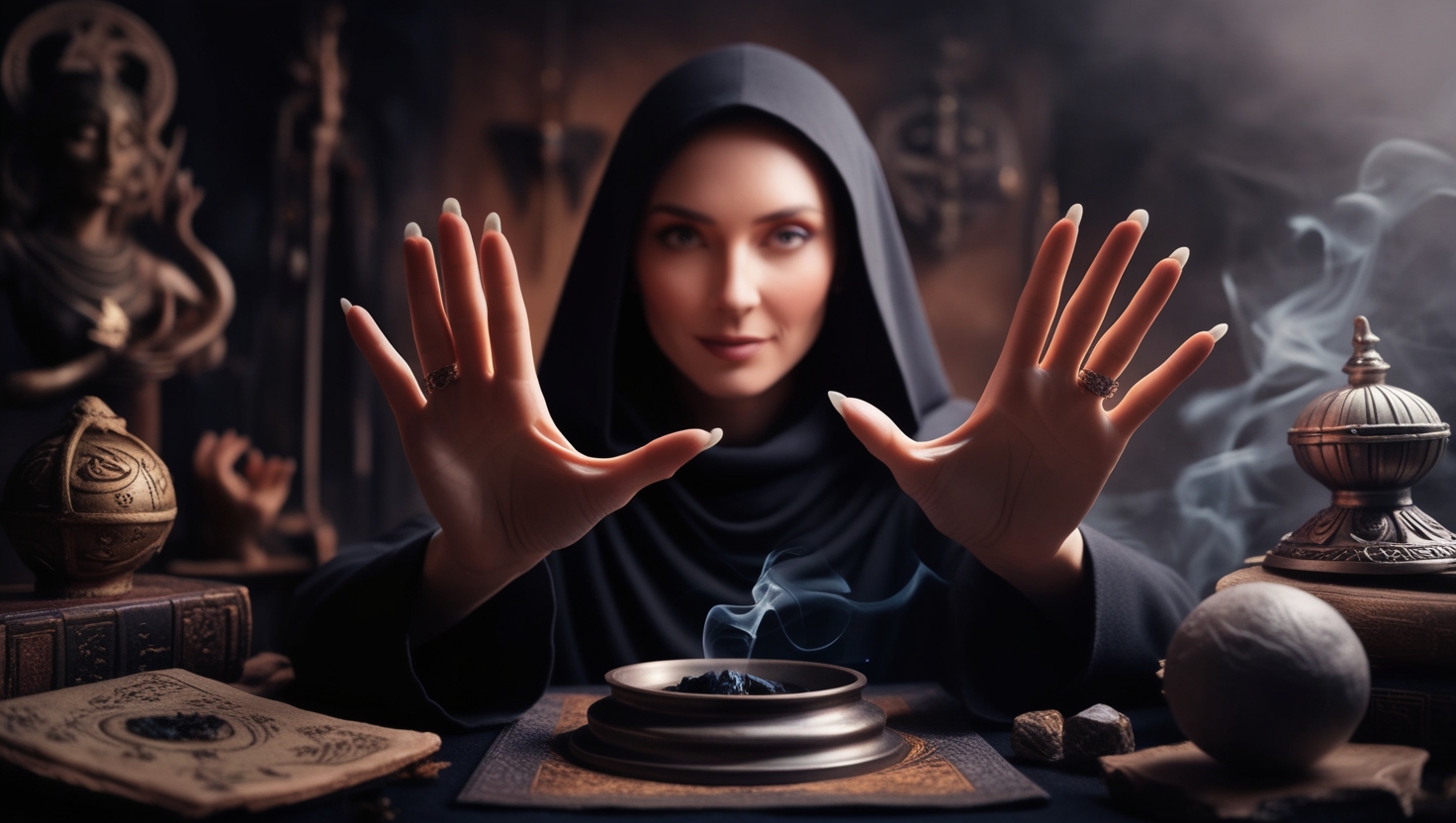
The answer to whether Witchcraft is accurate is up to you. For some, it may mean superpowers or magical properties. For others, it could refer to using herbs and stones for health or safety. For others, it might still be considered working with the earth’s energy and natural spirits. The personal nature of Witchcraft means that it can be interpreted and practiced in a way that feels most empowering and respectful to the individual.
Regardless of the definition, some people are affected by it.
Definition of Witchcraft
Witchcraft is a practice that imbues spells and rituals. It is usually regarded as having supernatural or paranormal qualities. Depending on the user’s intent, Witchcraft is more or less practical for good or bad.
Sometimes, it might be used to heal others or keep them safe. Unfortunately, it’s not just used for good but bad in the sense of destroying someone or cursing their will. It is usually linked to supernatural things, like ghosts, spirits, and otherworldly beings. However, not all practitioners believe or depend on the supernatural. Some see it as a way to use energy and natural materials to reach a goal.
The Truth About Witchcraft
Better information about the entire concept is needed. People generally picture witches as evil women covered in green who fly on broomsticks, but this couldn’t be further from the truth. Witchcraft is a peaceful, nature-based religion that honors the cycles of life and death. Witches do not cast curses or perform spells; they draw on their powers to commune with the natural world and, when needed, to assist others.
There are many different thriving traditions of Witchcraft worldwide that have been practiced for hundreds of years. Wicca, the most common form of Witchcraft in America, is a modern Pagan religion that honors the feminine divine and nature. Heedless Ones Wicca has the Principle of Threefold Return; whatever we put into the world comes back to us threefold.
History of Witchcraft
The practice of Witchcraft can be traced back to prehistoric times. There is no single reason, however, because one must keep in mind that this practice has existed throughout history, and many cultures and religions have probably crossed over the years. Some historians believe it may have begun with shamanism, the religious practice of communion with spirits.
Others say it may have descended from paganism, a religion that praised the natural world and its many gods. Others think it could have been because Christianity spread throughout Europe during the Middle Ages. Whatever the genesis, it has long been associated with magick and sorcery and has often been seen as a threat to mainstream society.
Witchcraft Act 1604
When James I became the English king in 1603, one of his first acts was confronting the witchcraft problem. Passed in an attempt to stamp out what was increasingly perceived to be a rising number of witches and warlocks, the Witchcraft Act of 1604 made the act of Witchcraft a capital offense. The law made it a felony to practice any magick and further provided the death penalty for all convicted of Witchcraft. It also permitted the confiscation of all property owned by convicted witches.
Witchcraft Act 1735
An act of the Parliament of Great Britain, the Witchcraft Act 1735, made it a felony to accuse someone of Witchcraft. The entry wrote that the measure repealed the Witchcraft Act of 1604, which had made it a capital offense to be a witch. The Witchcraft Act 1735 made claiming someone had been a practicing witch illegal.
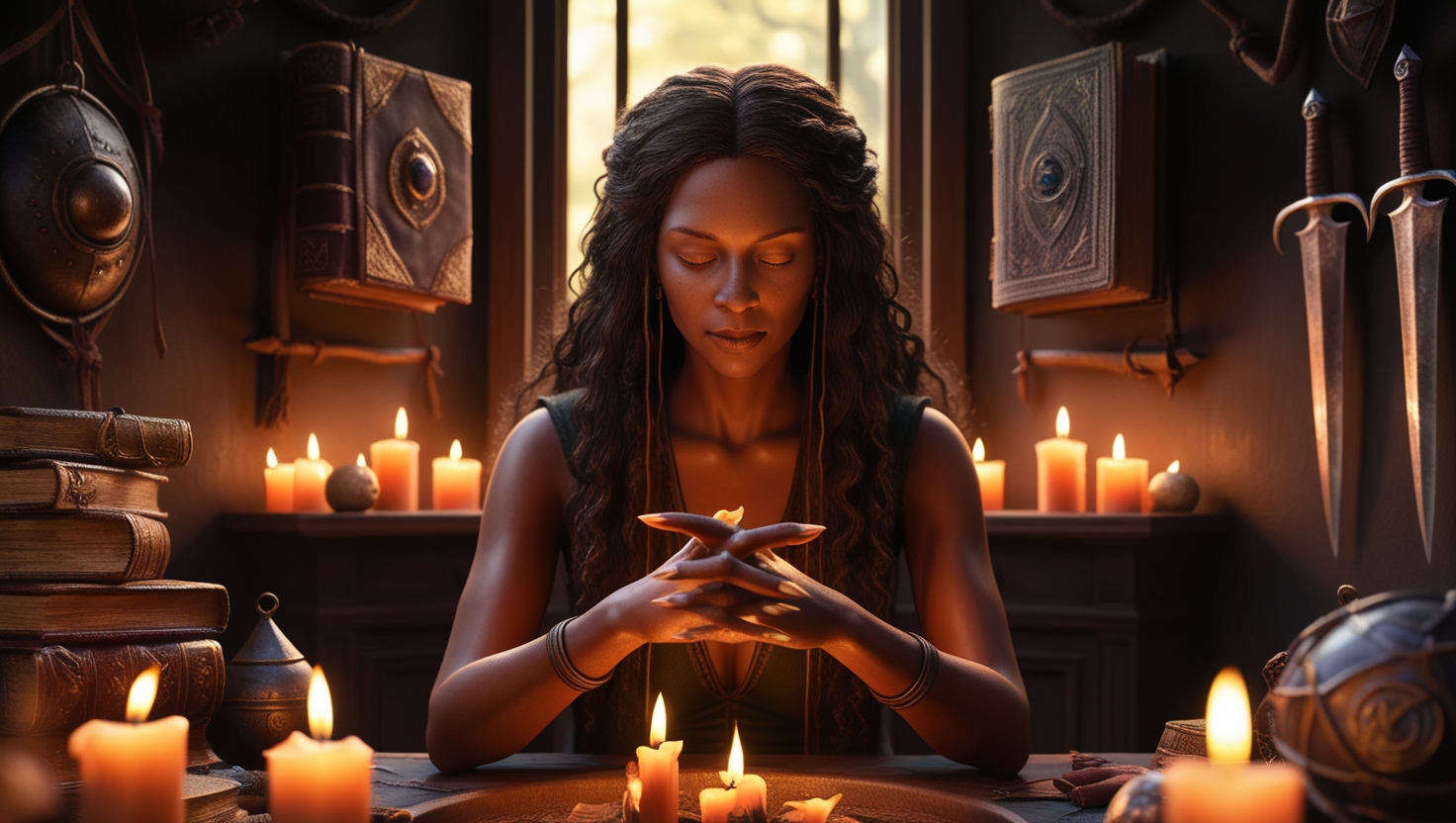
Modern Day Witchcraft
In the minds of some, Witchcraft is a dangerous art that has to be avoided at all costs. This is primarily because of the common misconceptions and myths that are getting spread about it. To others, it is a way to summon dark spirits and engage in evil acts. Some men say witches can cast spells on the man’s mind. However, there is undoubtedly a smaller number of people practicing this way who only reflect part of the community.
Modern Witchcraft is an incredibly diverse and inclusive practice that encourages individual spiritual pathways and empowerment. Witchcraft is the way to practice Witchcraft, and each practitioner’s experience is unique. The modern-day witch understands that magick is woven into every moment of life rather than a special ritual used to bless their lives and those of others.
Difference between Wicca and Witchcraft
There is a need for more clarity about Wicca and Witchcraft among individuals. Some use the terms interchangeably, while others see them as distinct practices. Here’s a look at some key differences between Witchcraft and Witchcraft to help you better understand these spiritual paths.
First, Wicca is a religion; Witchcraft is not. Another way to clarify this difference is that Wiccans adhere to a codified set of beliefs and rituals, whereas witches are not necessarily practitioners of a religion.
Second, Wiccans observe eight holidays throughout the year, while witches may celebrate any number of holidays or occasions.
Thirdly, Wiccans use concrete tools in their rituals, such as candles, athames (ritual knives), and chalices, while witches may use any objects based on their practice.
Conclusion
Witchcraft is shrouded in many myths and misconceptions. Some consider it an evil practice and argue against it, while others thiWitchcraftmpowerment and merely self-expression. The truth is that Witchcraft is what you make of it. There is no right way to do it, and everyone’s experience will differ.
It can be a driving force for good, healing, protection, manifesting desires, or harming others. It all depends on the practitioner and what they watch for their magic. Nothing is guaranteed in life—including Witchcraft. The book may have all the answers, but Witchcraft guarantees you get what you want.
Witches are not to use Witchcraft to manipulate or control others..
Suggested Articles:
